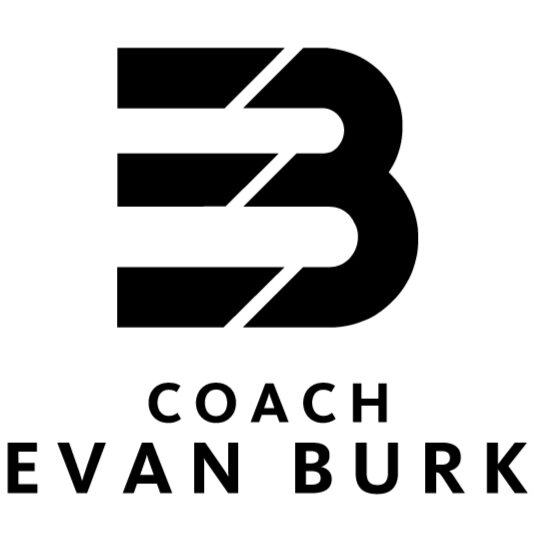Why Every Coach Needs to Create their ‘Philosophy Binder’
‘Portfolio Binder’, along with other coaching and leadership materials
In February 2023, The Daily Coach featured sports psychologist Bhrett McCabe in their ‘Saturday Blueprint” Q&A series. In his interview, McCabe mentioned something of particular note that I’ve been working on for almost two decades, but yet have never really heard much mentioned about among coaches or in the media: Creating your own “Philosophy Binder” as a coach. I refer to mine as my ‘Portfolio Binder’, which is focused on how to run a program from A-to-Z, but they are the same thing.
Here is McCabe speaking about the importance of solidifying your system and philosophy as a coach:
I’ll give a talk to 5,000 coaches in an audience and ask, “How many of you have your system and philosophy written down?”
Coaches are all going to say, “Trust the process. Follow the system.” So you’re the expert and leader of your organization but don’t have your material written down? The mind can only remember so many things.
Then what happens is we go to a conference, watch something online and now we’re going to reactively teach our kids everything David Goggins does? Well, that may not be the right idea. Or we’re going to do everything Jocko Willink does? O.K. Then, we’re going to follow Brene Brown’s ideas and be vulnerable? Wonderful content, but those are just the seasonings of a philosophy.
What I tell every coach to do is what I call “Red Wine Therapy” or “Beer Therapy” or “Coffee Therapy.” Take out a piece of paper and just start writing. In-game strategy, what are we specifically trying to do in a given scenario? If we look at Coach Saban, we know what his philosophy is, and yeah, it’s written down. Coach Oats at Alabama basketball, it’s very clear what his philosophy is. If you meet with a surgeon about a hip replacement, I guarantee you there is a system in place. When pilots fly, they have a checklist. But as coaches, we’re just going to wing it?
My portfolio binder has been evolving for the past two decades, and I’m even still adding to it with thoughts, experiences, articles and different materials I come across. Having one is obviously something I feel is very important for both developing your own coaching principles, as well as for a coach to have the ability to walk into an interview and be able to sell themselves, and be able to sell their program to the decision-makers in the interview process.
If you do this right, a binder like this creates two substantial benefits for any coach or leader.
1) A singular, organized place to store your most prized ideas, roadmaps to success, coaching principles and philosophies.
This is great for when you interview because it signals to the people that you are interviewing with that you are organized, can present the information, and possess a great knowledge about how you will run your program that can influence and convince decision-makers by giving them confidence that you have a plan and know how to implement it.
2) The actual thoughtful creation of the binder serves to challenge yourself on your beliefs and also creates a greater understanding of your principles that shape your coaching.
This greater understanding of your own coaching philosophies allows you to be more steadfast and passionate about sharing your beliefs to someone in an interview setting, which helps when you are trying to get players to buy-in to your program or when you are interviewing with decision-makers.
—
[EB Note] If you’re interested in creating your own philosophy binder, it may be something I can help you with. I’ve worked with several high-level NFL and college coaches to organize their materials and create their own portfolio binders, and if you’re interested in discussing, please email me: evan@coachevanburk.com

